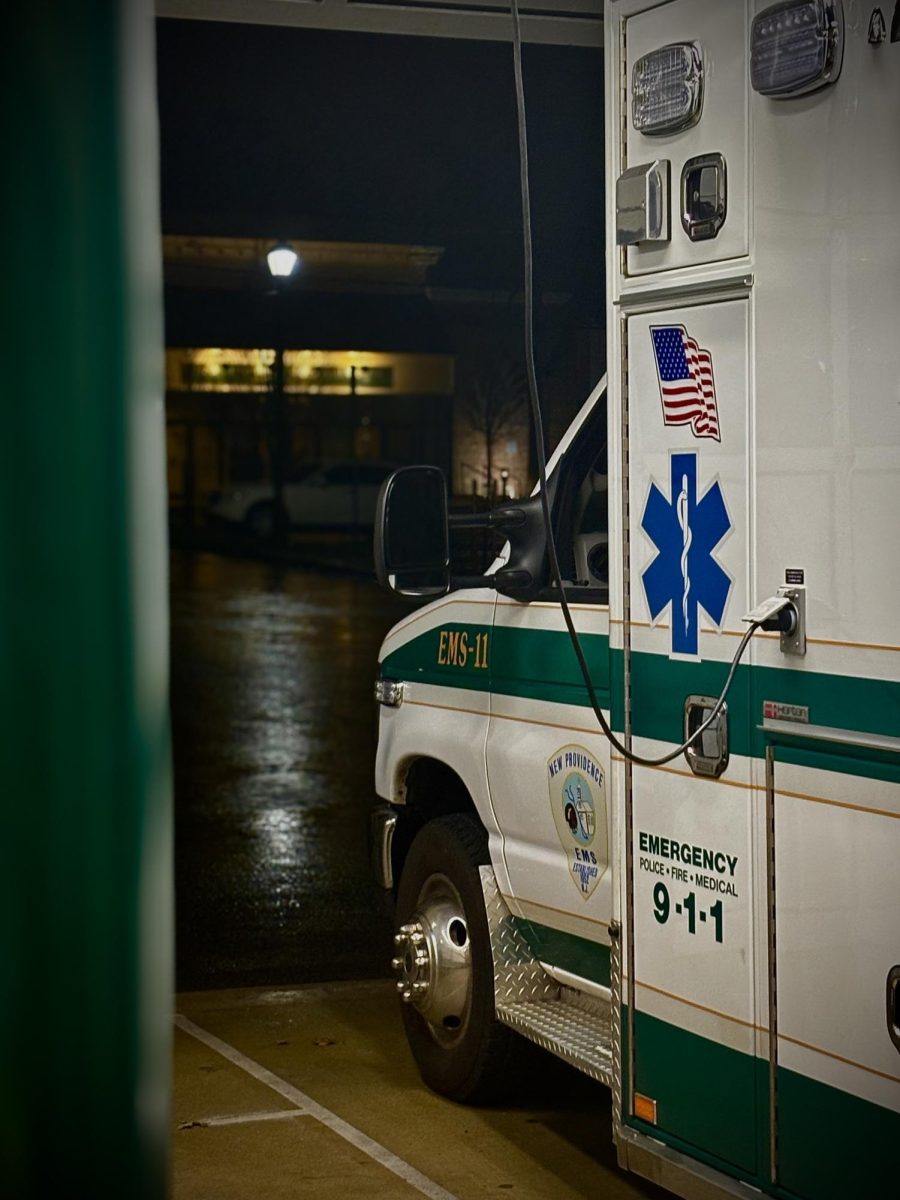Calling 911 is something most of us can agree is an experience we wish to never have to endure. The universal emergency hotline has existed since 1968 as a means for citizens to call in any life-threatening emergency. However, as time has gone on, more issues have begun to emerge with the phone line.
One growing problem is that of unnecessary and even frivolous calls to 911 dispatch centers.
911 calls can be answered by a dispatch center, often functioning from a local police dispatch center, or a regional county, or other overarching, center. This is where emergency calls will be answered, assessed, and information will be pulled from the caller to be then relayed to emergency services, who are simultaneously dispatched to the scene of the emergency to assist.
With the emergence of mobile cell phone technology and access to it from the majority of people in the United States, even easier access to 911 has emerged as well. This easy access, naturally may have created more room for unnecessary calls being made to emergency services.
The problem seen with unnecessary 911 calls can be both financial and resource response strain. Both private companies and municipal agencies can face major financial consequences from unnecessary and even borderline frivolous 911 calls.
A 2025 article from Fox on Mobile Alabama ambulance services highlighted unnecessary 911 calls causing financial strain and tying up resources: “Cory Hughes, who owns Medevac Alabama, said excessive and unnecessary 911 calls cause enormous financial strain. He told Mobile City Council members that the amount of money his business loses in unpaid bills is ‘in the millions’ of dollars. ‘We have a number of individuals that essentially use all the ambulances in the city as taxis every day,” he said during the council meeting. ‘We’ve got multiple patients that we’ve transported 3 and 400 times this year. That is every day.’”
The article explained that the trend with unnecessary calls made to 911 in the city was not only seen with private ambulances: “Barry Glisson, chief of staff of the Mobile Fire-Rescue Department, said city crews deal with the same issue. He said Fire-Rescue emergency medical services crews have responded to one city resident about 715 times since 2019 – including 299 times just last year. He said just shy of 200 of those calls resulted in transports to hospitals.”
Highlighting the fact that emergency services must respond to all calls taken no matter how unnecessary they already know it will be, Glisson said, “‘It reduces our response reliability. So essentially, we’re not able to respond to other true emergencies when our units are tied up.’”
Kathryn Barfield is an EMT with New Providence Rescue Squad, and has been volunteering at the squad for the past four years. A former NPHS student, Barfield has had multiple experiences first-hand with responses to unnecessary 911 calls while serving shifts.
“Unnecessary 911 calls have taken time away from real emergencies, making it harder to respond quickly when someone actually needs help. It’s frustrating knowing someone might be waiting longer because of a non-urgent situation,” she said.
Barfield pointed out that these types of unnecessary 911 calls drain resources such as ambulances and their crews, tying them up from responding to real emergencies.
“Some dispatchers try to filter these calls and I have seen some police officers inform repeat callers about proper 911 usage,” said Barfield. “I think there should be stronger public education and maybe minor penalties for misuse of 911. It would help if people understood the real consequences of calling 911 for non-emergencies. It’s hard because our definition of an emergency can be drastically different from someone else’s, so these people might believe there is an emergency even when it isn’t.”
Caller’s information is able to be traced from dispatch centers, but penalties are rarely given to individuals who call 911 unnecessarily. While smaller areas with less call volume like New Providence might experience less problems with the occasional frivolous or unnecessary 911 call, larger urban districts face problems with these calls truly tying up resources from their much larger call volumes.
Jessica Seib, an EMT for RWJ Barnabas EMS in Essex County, including working regions in Jersey City and Irvington, said: “Frivolous 911 calls put a strain on the emergency services system. When an ambulance is on a call for an unnecessary amount of time it takes away from being able to provide emergency service to a patient who could potentially be having a serious life-threatening issue. When this happens, a mutual aid response is needed, and therefore the life-threatening patient could potentially be waiting up to twenty minutes to an hour for an ambulance to arrive to their aid.”
These kinds of true life-threatening situations happen more frequently in densely populated urban areas. In this kind of situation the timing of response is incredibly important to the wellbeing and even survival of patients and victims who call 911 for the right reasons.
Chief John Signorello of New Providence Fire Department takes the problem seriously.
“Repeat offenders of frivolous calls will often experience “the boy who cried wolf” effect. While we respond to every single emergency, volunteers will often think twice to respond to an address with a known ongoing non-emergency. This affects the department and management to continuously guarantee volunteer fire coverage 24/7/365,” he said.
Touching further on the effect on a volunteer fire department, Signorello said, “these calls become frustrating over time. Our department is 100% volunteer in nature. Our members are dropping whatever they are doing to give back to the community. Frivolous calls become an abuse of the nature of the volunteer fire service.”
Signorello pointed out that complexity of the issue stems from both sociological and medical factors: “The general dynamic of the borough is constantly changing. The department’s overall volume has continued to trend upward in recent years. While most calls are not unnecessary, we have had a level of calls to repeat addresses because of a failure to mitigate an issue that was previously identified.”
Solutions could include stronger penalties for unnecessary 911 calls and better education on the proper usage of 911 and what constitutes emergency calls and non-emergency calls. This would possibly create more leeway for resources, and create less tie-up situations in resource management and response.
Making a call to 911 for any reason other than a true emergency can be detrimental to any agency’s services and responses. While each person may perceive an emergency differently and make emergency calls based on that, if what they perceive as a true emergency is not one, they must be educated accordingly once they make the call and emergency services personnel respond.
911 as an emergency hotline is an incredible advancement in emergency services access to people, and the ease of such access saves lives every single day. But the correct use of it is imperative to its proper function. Incorrectly using it for reasons other than true life or death emergencies will only serve to tie up resources and make it harder to respond to real emergencies.

